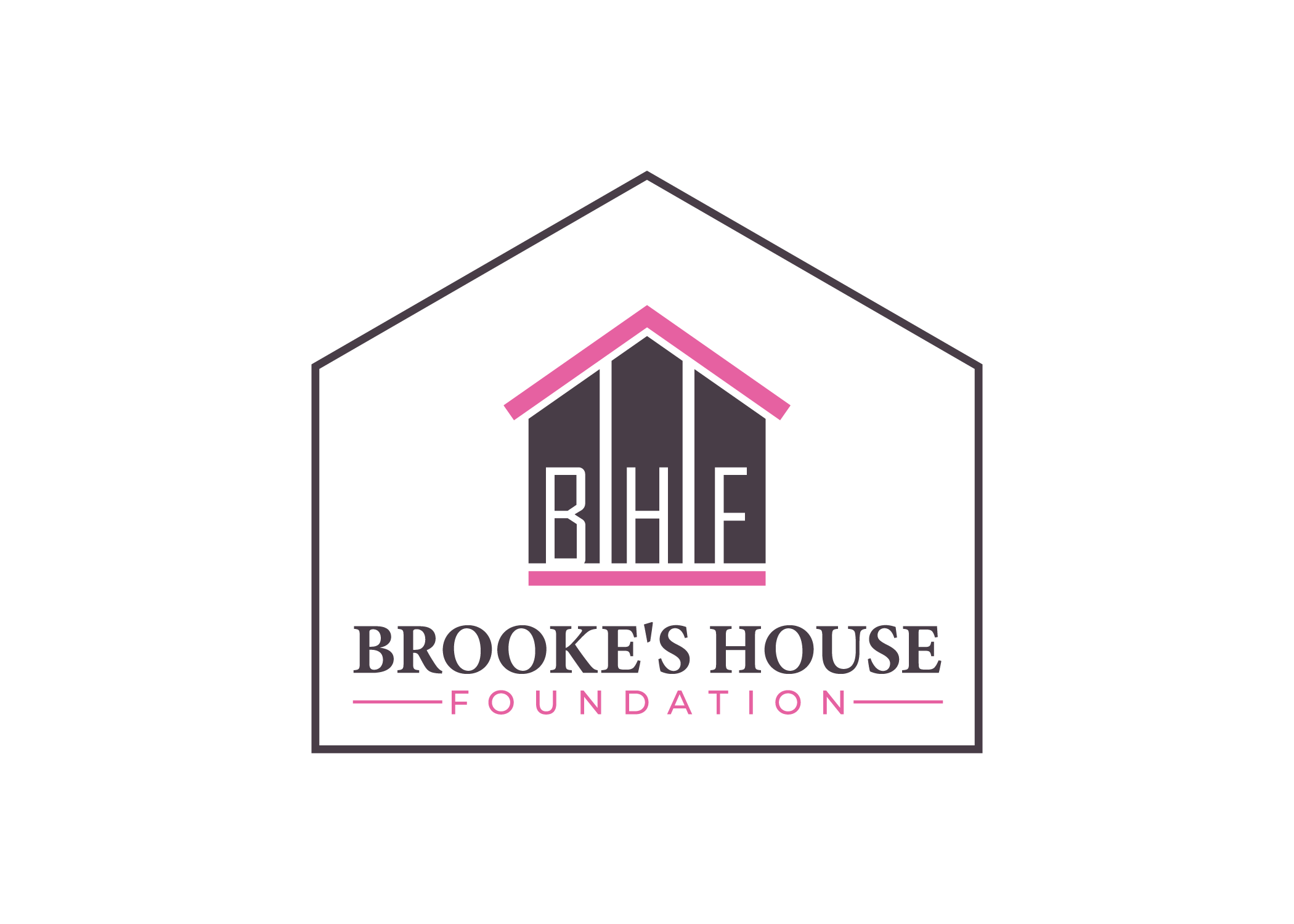
Addiction is a complex and challenging issue that affects millions of people worldwide. Whether it is alcohol, drugs, or other substances, overcoming addiction often encounters numerous obstacles.
One crucial step in the recovery journey is finding a supportive and stable environment where individuals can rebuild their lives without the influence of substances. This is where sober-living homes come into play. This article will explore the benefits of sober living and how it can help individuals build a strong foundation for lasting recovery.
Understanding Sober Living Homes

Sober living homes, sometimes called halfway houses or transitional housing, are residences designed to provide a safe and structured environment for individuals in recovery from addiction. These homes are typically not treatment facilities but rather places where people can continue their recovery after completing a formal treatment program, such as inpatient rehab or outpatient counseling.
Here are some key features of sober living homes:
Supportive Community

Sober living homes offer a supportive and sober community of individuals working towards the same goal—sustaining their recovery from addiction. This sense of community can be instrumental in helping residents stay committed to their sobriety.
Accountability
Residents must follow specific rules and guidelines, such as regular drug testing and attendance at 12-step meetings or therapy sessions. This accountability helps individuals stay on track and avoid relapse.
Structured Environment
Sober living homes provide a structured daily routine with responsibilities, chores, and curfews. This structure can help residents develop essential life skills and create a sense of stability in their lives.
Zero Tolerance for Substance Use
One of the most critical aspects of sober living homes is the strict prohibition of substance use on the premises. This zero-tolerance policy ensures that residents are not exposed to triggers that could lead to relapse.
The Benefits of Sober Living
Extended Support
One of the primary benefits of sober living homes is the extended support they offer to individuals in recovery. Transitioning from a highly structured treatment program back to everyday life can be challenging, and sober living bridges these two phases. This ongoing support can be a lifeline for individuals trying to maintain sobriety.
Safety and Accountability
Sober living homes create a safe and accountable environment where residents can work on their recovery without the temptation of drugs or alcohol. Knowing that they will face consequences if they relapse, such as eviction from the house, can be a powerful motivator to stay clean.
Learning Life Skills
Addiction often disrupts a person’s ability to manage their daily life effectively. Sober living homes teach residents essential life skills, such as budgeting, cooking, time management, and communication, which are crucial for long-term success in recovery.
Peer Support
Living with others who are also in recovery can be incredibly helpful. Residents can share their experiences, provide mutual support, and offer advice on coping with cravings and difficult situations. This peer support can be invaluable during the recovery process.
Mental and emotional well-being
Sober living homes often provide access to counseling or therapy services. This support helps residents address underlying mental health issues and emotional challenges that may have contributed to their addiction. It also offers a safe space to discuss any concerns or fears about the recovery process.
Improved Relationships
Many people struggling with addiction experience strained relationships with family and friends. Sober living homes provide a space to rebuild these connections, as residents often have the opportunity to receive visitors and involve loved ones in their recovery.
Increased Confidence
Completing a sober living program can boost an individual’s confidence. It shows that they can live a fulfilling life without substances and thrive in a supportive, sober environment.
Reduced Risk of Relapse
Combining a structured environment, peer support, and zero-tolerance policies significantly reduces the risk of relapse. Sober living homes aim to minimize exposure to triggers and create a buffer against the challenges that may threaten sobriety.
Overcoming the Challenges of Sober Living
While sober living homes offer many benefits, they still need their challenges. Understanding these potential hurdles and how to address them effectively is essential.
- Cost: Sober living homes are only sometimes covered by insurance, and the cost can vary widely depending on the location and level of services provided. However, it is crucial to consider the expense in the context of the long-term benefits and the cost of continued addiction.
- Rules and Structure: Some individuals may find the rules and structure of sober living homes restrictive or demanding. However, it is essential to remember that these guidelines are in place to promote recovery and safety. Learning to live within boundaries is a valuable skill for anyone in recovery.
- Peer Influence: While peer support is one of the strengths of sober living homes, it can also present challenges. If some residents are not fully committed to their recovery, they may pose a potential risk to others. A well-managed sober living home should have a strict zero-tolerance policy.
- Finding the Right Fit: Some sobeSomeg homes are different. It is difficult for individuals in recovery to find a home that aligns with their needs and preferences. Factors to consider include location, cost, available services, and the overall atmosphere of the house.
Conclusion
Sober living homes offer a vital stepping stone to recovery from addiction. They provide extended support, a structured environment, and essential life skills to help individuals build a strong foundation for lasting sobriety. While the challenges of sober living are accurate, the benefits far outweigh the drawbacks. Individuals can increase their chances of successful, long-term recovery by staying committed to recovery, engaging in support services, and making the most of their time in sober living. Sober living is not just a place to reside; it is a place to thrive in sobriety and build a brighter, substance-free future.
